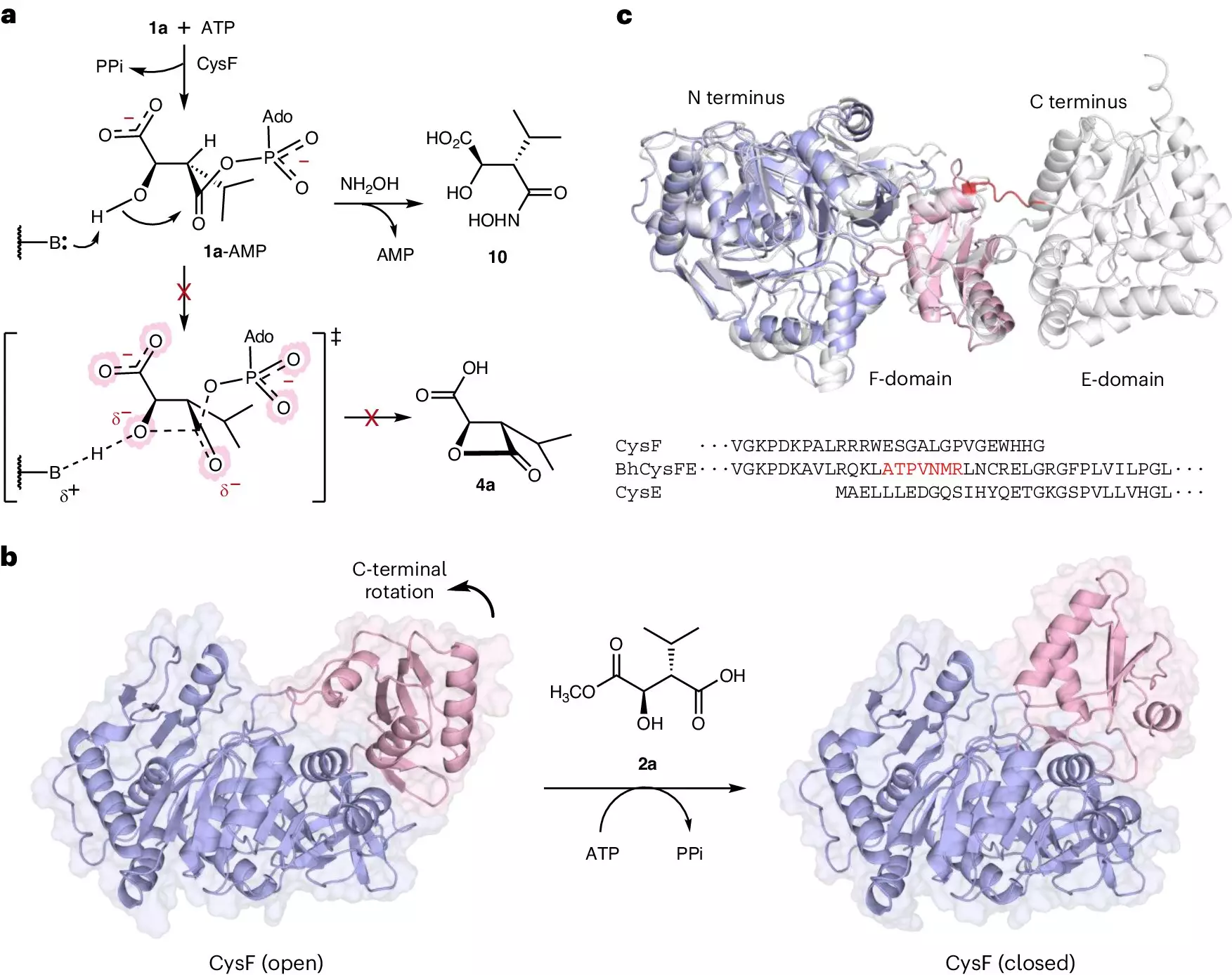Peptides, the short chains of amino acids that serve as vital building blocks for proteins, are gaining increasing attention in the realm of medicinal chemistry. They are not only integral to our biological systems but also play a fundamental role in a plethora of therapeutic applications, including cancer treatment, diabetes management, and even vaccine development. As our understanding of the human body deepens, the potential for peptide-based therapies continues to expand, making effective and efficient peptide synthesis crucial. However, current methodologies face substantial obstacles that hinder their scalability and environmental sustainability.
Conventional Methods: A Bottleneck for Innovation
Traditionally, the synthesis of peptides has relied on intricate chemical processes, often spanning over a dozen steps, which can be labor-intensive and yield considerable waste. The use of toxic chemical reagents and volatile organic solvents not only makes these methods environmentally unfriendly but also raises significant safety concerns. This complexity translates to high production costs and limited availability for important peptide-based medicines, which further restricts their potential benefits in critical areas of healthcare.
A Breakthrough Discovery: The Role of Ligase Enzymes
Researchers at the University of Manchester have made commendable strides in addressing these challenges by identifying a new family of ligase enzymes. Unlike traditional chemical synthesis methods, these ligases act as molecular glues, simplifying the assembly of peptide sequences into a single, streamlined process. Their research, published in the esteemed journal Nature Chemical Biology, has illuminated a pathway for producing peptides not only more efficiently but with higher yields than ever before.
This breakthrough stands to revolutionize the conventional peptide synthesis landscape. By employing a set of ligase enzymes in a combinatory cascade reaction, the Manchester team has demonstrated that one can produce a diverse array of peptides in a single step—dramatically reducing time and complexity. Professor Jason Micklefield, the project lead, highlights the significance of this finding, stating that the new method allows for the creation of peptides exhibiting anti-cancer activities with previously unattainable efficiency.
Exploring the Potential of Suspected Ligase Pathways
The scourge of chemical waste associated with traditional peptide production is not only an environmental concern but also a significant impediment to the optimization and mass production of crucial medicines. The Manchester researchers’ investigation into the genetic blueprints of bacteria has unearthed various ligases previously implicated in natural peptide synthesis pathways. This discovery paves the way for further exploration of these enzymes. Dr. Guangcai Xu, a key figure in the team, emphasizes this potential by stating that the ligases found thus far might be the tip of the iceberg, as more related enzymes could unlock even longer and more complex peptides suitable for treating a variety of illnesses.
The promise of these ligases extends beyond mere efficiency; they are inherently green technologies. By minimizing hazardous waste and reducing reliance on toxic solvents, this innovative method addresses pressing environmental issues while simultaneously enhancing the viability of peptide pharmaceuticals.
Looking Ahead: Collaborations and Future Applications
After achieving these pivotal milestones, the Manchester team is gearing up for the next step by optimizing the ligase enzymes to enhance their scalability for commercial peptide production. The researchers have also initiated partnerships with some of the leading pharmaceutical companies, setting the stage for translating this groundbreaking research into practical therapeutic applications. The implications of their work are vast, pointing toward the potential development of cost-effective and accessible peptide-based treatments that could transform the landscape of modern medicine.
Furthermore, as the fight against cancers and other serious diseases continues, this improved method of peptide synthesis could lead to the rapid development of new drugs, addressing gaps in current treatment protocols and improving patient outcomes. The climate-conscious approach to drug manufacturing may also inspire similar advancements across various fields in medicine, promoting a culture of sustainability that will be critical for tackling future health challenges.


Leave a Reply